Your Tooth Decay May Be Deadly
If you happen to have abscessed or decayed teeth which you are ignoring, you may want to think about this and visit the dentist as soon as possible. Namely, having dental problems can lead to experiencing a heart attack.
Basically, tooth decay is triggered by bacteria present in our mouth. These bacteria feed on the sugars we eat, producing lactic acid which they store in our dental cavities, triggering our dental decay. In time, the dental plaque, full of bacteria, may reach our blood stream, creating clots and potentially causing heart attacks. Moreover, dental plaque may trigger gum inflammation, advancing to the linings of our blood vessels, causing plaque to reach our arteries and wreak havoc upon our heart. So, once you experience numbness and pain in your left arm, if you have decayed teeth, this could easily be an ongoing heart attack.
Other Factors Related to Tooth Decay and Heart Problems
There are several factors you need to bear in mind when it comes to poor dental health. Firstly, your gums, when healthy are supposed to be pink. However, if they are red, swollen and bleed easily, you might have certain diseases of the gums or the teeth affecting your body.
Gingivitis, for example, is a condition where there is a gap created between your gums and the teeth, due to major bacterial infestation. Bleeding, swelling and redness are all signs of this problem. Moreover, your wisdom teeth might have not grown completely, creating a gap in your gums, where bacteria and food leftovers may accumulate, triggering infections, pain, discomfort and swelling in the cheeks and the neck. The infection may escalate, spreading onto the roots of the teeth and the bones, making one's gum pull back.
Manifestations of Teeth Decay
We usually do not notice dental decay until the pain starts. However, this means that most of the damage had already been done, since the decay has reached our nerves. Initially, irritation or infection of the tooth pulp triggers tooth decay. This causes pain which escalates upon changing the temperature, eating sweets and hard food etc.
Also, pressuring a decayed tooth may result in pain and discomfort. Bad breath is often a sign of tooth decay. Moreover, if your gums or teeth are not healthy, you might notice that a tooth shatters or is shaky as well as discolored. Finally, once the condition goes beyond repair, fever, severe swelling, excruciating pain and pus in the abscesses may all take place.
Naturally, it is best to avoid all this by reacting timely and taking good care of your teeth. You need to brush regularly and thoroughly. Flossing is very helpful as well. Additionally, you need to undergo regular dentist checkups so that you can keep track of your dental health.






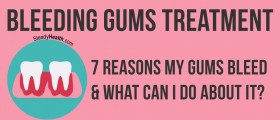

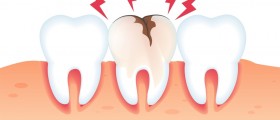



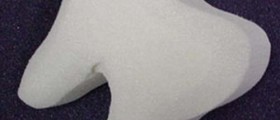

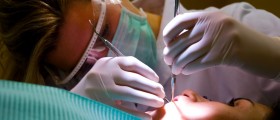
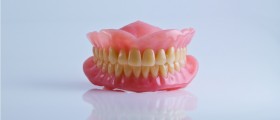
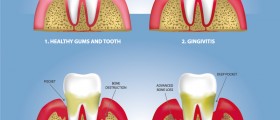
Your thoughts on this
Loading...